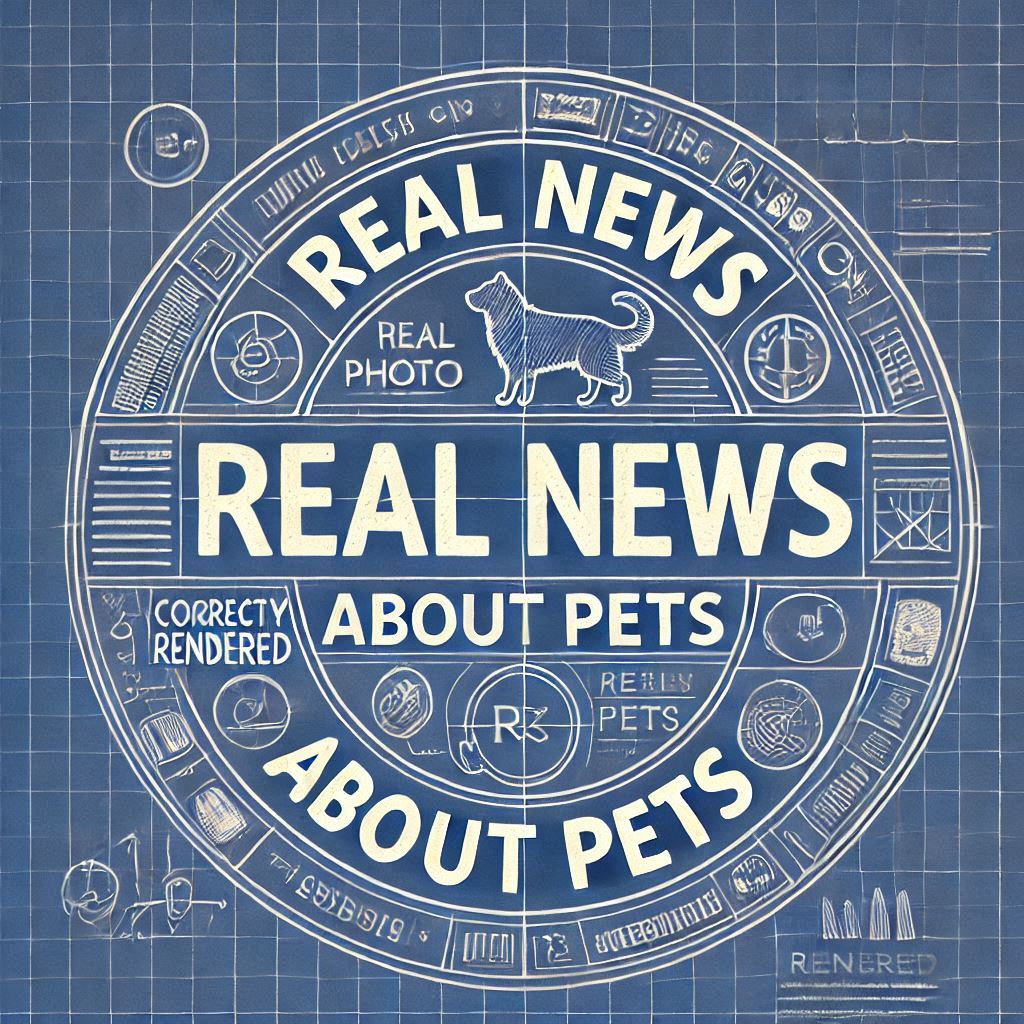Beware the Bowl: The Dangers of Raw Milk and Meat for Your Pets
The warmth of our furry friends curling up next to us brings joy immeasurable. As responsible pet owners, we strive to provide the best care, from cozy beds to vibrant toys and of course, nutritious food. However, recent developments have cast a shadow over a popular feeding trend: raw milk and meat diets. A warning from the Wenatchee Valley Humane Society (WVHS) unveils potential health risks evoked by the latest avian flu outbreaks, particularly focusing on our feline companions.
The Frightening Facts About Bird Flu
In a shocking turn of events, reports indicate that a domestic cat in the Pacific Northwest has tested positive for H5 bird flu, a pathogenic avian influenza virus. This alarming case has raised red flags for the welfare of our pets, prompting the WVHS to alert the public about the inherent dangers of feeding raw meat and dairy products. A tragic incident in Oregon only adds to the concern; a domestic cat died after consuming a commercially packaged raw meat diet, subsequently found to be tainted with the highly pathogenic avian influenza virus. This has resulted in a recall of the affected pet food brand, Northwest Naturals.
A Wider Impact: The Sanctuary’s Loss
The ramifications of the bird flu outbreak reach beyond household pets. A wild cat sanctuary in Shelton, WA, faced a devastating loss of 20 big cats, including cougars and a Bengal mix tiger, attributed to H5 bird flu. The sanctuary has since suspended operations for a thorough quarantine and disinfection process, reflecting the seriousness of the situation.
Indoor Pets at Risk
Even indoor cats are not exempt from these dangers. In Southern California, a cluster of eight indoor domestic cats fell ill after their diet included raw milk. Tragically, five of those cats succumbed to the illness, with four confirmed to have contracted the avian influenza virus. Further cases from a separate household in LA County reveal a consistent threat, as five indoor cats exhibited severe health issues after eating different brands of raw diets.
Identifying Risks and Symptoms
The WVHS has outlined vital risk factors linked to the exposure of avian influenza type A (H5N1). These include:
- Contact with sick or deceased cats or wild birds.
- Interactions with backyard flocks or poultry farms.
- Engagement with dairy farms or backyard dairy producers.
- Consumption of raw meat or dairy products.
- Exposure to infected animals or individuals.
Symptoms indicative of avian influenza in cats may present as:
- Unexplained lethargy or sudden death.
- Neurological signs like tremors or seizures.
- Respiratory issues resembling pneumonia.
- Signs akin to rabies infection.
If any of these symptoms manifest, it is crucial to avoid contact with the affected pet and utilize personal protective equipment (PPE).
Preventive Measures: Guidelines for Pet Owners
To safeguard your beloved pets during this unnerving period, the WVHS advocates for the following safety measures:
- Steer clear of raw milk and raw meat diets, especially amidst reports of avian flu outbreaks.
- Stay informed through credible sources and education regarding pet care during such health crises.
By promoting responsible pet ownership, we can help prevent broader infections in our feline friends and protect our communities.
Get Involved with the Wenatchee Valley Humane Society
The WVHS generously serves the Wenatchee Valley, providing essential services such as shelter, medical care, and educational outreach for pet owners. They also offer a unique Home to Home Rehoming Service, assisting those needing to find a new loving home for their pets while minimizing stress for both animals and owners.
Through volunteering or donating, you can support the WVHS in their mission to provide second chances for pets in need. Together, let’s create a safe and nurturing environment for our beloved companions.
Your Thoughts Matter!
Have you considered the risks associated with feeding raw diets to your pets? Share your experiences and thoughts in the comments below! Let’s foster a conversation that prioritizes the health and well-being of our pets.
Remember, your voice matters! Engage with this post by clapping, sharing, or simply starting a dialogue with


Leave a Reply